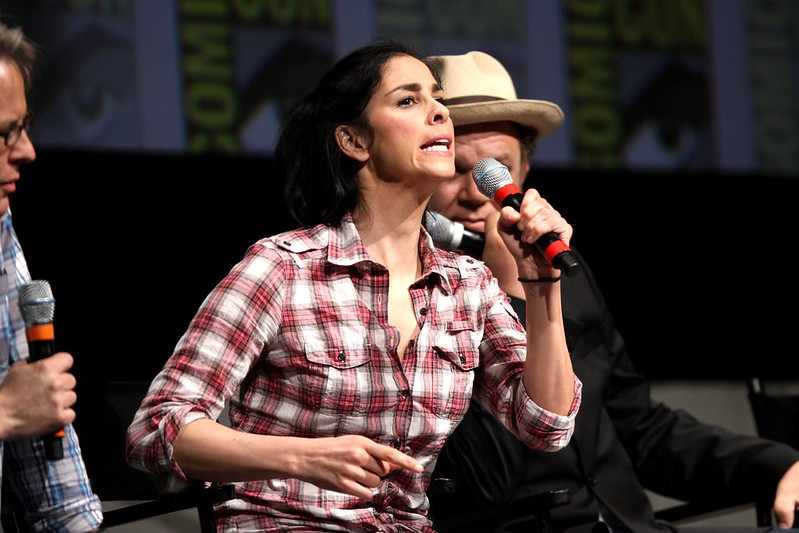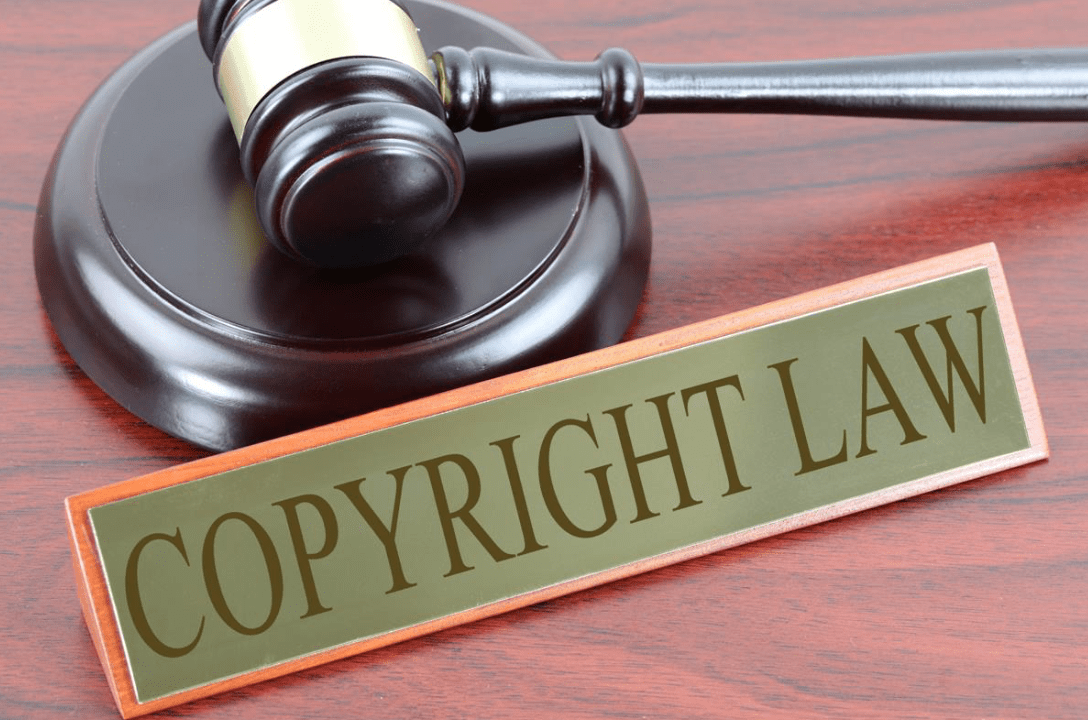In her ruling, U.S. District Court Judge Araceli Martinez-Olguin dismissed most of Sarah Silverman and John Tremblay’s charges against OpenAI, while allowing a single allegation of unfair competitive advantage to proceed.
A federal court has largely dismissed copyright infringement lawsuits filed against OpenAI by comedian Sarah Silverman and novelist Paul Tremblay.
According to The Guardian, both Silverman and Tremblay had alleged that OpenAI unlawfully used content from their books to train the so-called “large language model” that powers the company’s most well-known product, ChatGPT.
But, on Monday, a California-based federal judge granted most of OpenAI’s requests, dismissing most of Silverman and Tremblay’s charges.
In her ruling, U.S. District Court Judge Araceli Martinez-Olguin said that neither Silverman nor Tremblay had adequately established that there was any “substantial similarity” between content in their books and ChatGPT outputs. She also found that arguments alleging that all ChatGPT responses are forms of “infringing derivative work” are “insufficient” for either lawsuit to proceed.
Silverman and Tremblay’s suggestion that OpenAI similarly violated provisions of the Digital Millennium Copyright Act by removing copyright-related information—such as a title, an author, or terms of condition for use of a work—was also flatly rejected, with Martinz-Olguin concluding that there is no evidence to show that OpenAI intentionally removed such information.

“Plaintiffs allege that ‘[b]y design,’ Defendants remove [Copyright Management Information] from the copyrighted books used during the training process,” her order states. “However, Plaintiffs provide no facts supporting this assertion.”
“Indeed,” Martinez-Olguin wrote, “the Complaints include excerpts of ChatGPT outputs that include multiple references to Plaintiffs’ names, suggesting that OpenAI did not remove all references to ‘the name of the author.’”
Martinez-Olguin said that, if the claims are later re-filed, they must be consolidated with a similar lawsuit brought by another group of writers, including Michael Chabon, Ta-Nehisi Coates, and Andrew Sean Greer.
However, Martinez-Olguin will allow an element of both writers’ complaints to proceed—that OpenAI obtained an unfair competitive advantage by using copyrighted books to train ChatGPT without either securing the consent of the copyright-holders or providing them adequate compensation.
“This is an open, dirty secret of the whole machine learning industry,” attorney Matthew Butterick said in July, shortly after Silverman’s lawsuit was filed. “They love book data, and they get it from these illicit sites.”
“We’re kind of blowing the whistle on that whole practice,” said Butterick, who represented Silverman and other authors in similar claims.
Butterick further told The Associated Press that, even as OpenAI and other language-modeling companies have become more “secretive” about where they obtain training data, circumstantial evidence indicates that they rely on so-called “shadow libraries” of pirated content.
“It’s important for their models because books are the best source of long-form, well-edited, coherent writing,” he said. “You basically can’t have a high-quality language model unless you have books in your training data.”
In her ruling, Martinez-Olguin acknowledged that OpenAI may have failed its obligation to treat copyright holders like Silverman and Tremblay fairly.
“Assuming the truth of Plaintiffs’ allegations—that Defendants used Plaintiffs’ copyrighted works to train their language models for commercial profit—the Court concludes that Defendants’ conduct may constitute an unfair practice,” Martinez-Olguin wrote, while noting that even this claim could plausibly be pre-empted by the Copyright Act.
Sources
OpenAI gets partial win in authors’ copyright lawsuit
Sarah Silverman and novelists sue ChatGPT-maker OpenAI for ingesting their books
Sarah Silverman, Authors See Most Claims Against OpenAI Dismissed by Judge
Sarah Silverman’s lawsuit against OpenAI partially dismissed
Two OpenAI book lawsuits partially dismissed by California court


Join the conversation!